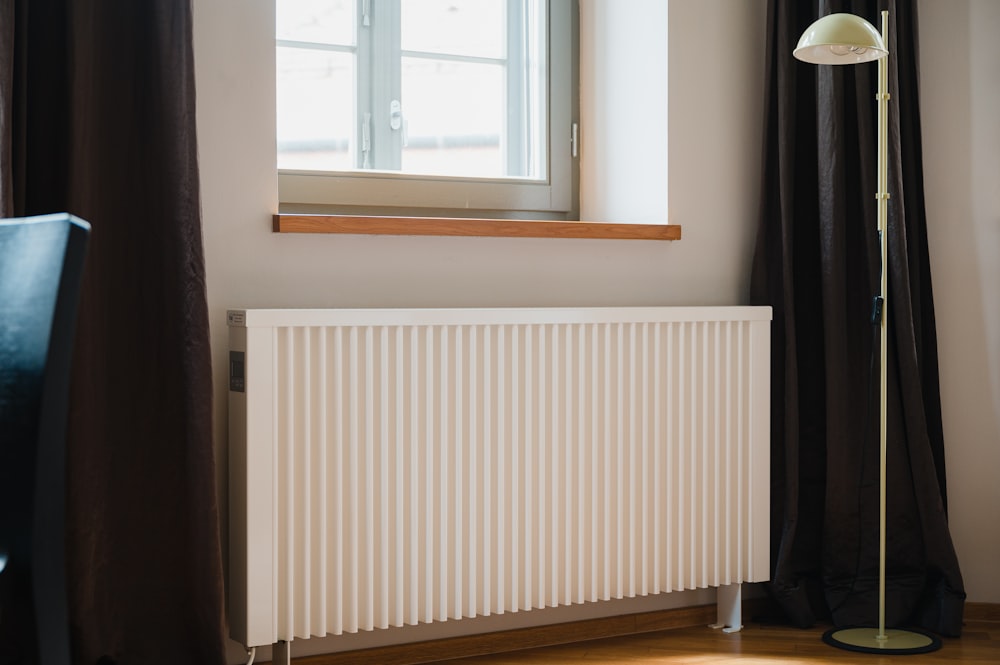In the past week, significant winter storms over parts of Colorado have turned the focus to the weather. If you’re renting a home or apartment in Denver, Boulder, or any other community in the state, it’s important to know your rights so you can stay safe as the temperatures plunge.
If your landlord isn’t providing adequate heating or is refusing to repair a heating system, don’t get left out on the cold. Contact Flaxman Law Group for a consultation with a Colorado landlord-tenant attorney. Our family-based team can talk to you about your rights and can create a plan for making sure you stay safe at home, with the heat on.
Your Landlord’s Obligations
Under the Colorado warranty of habitability, your landlord is expected to provide all tenants with the basics of a habitable dwelling, and that includes a functioning heating system. If there’s a problem with the heat, your landlord should repair it in a timely way.
When landlords fail to provide a habitable dwelling with heat, they can be held accountable.
One thing that happens in landlord-tenant disputes is that landlords will sometimes argue that they didn’t know about a heating problem or that they were unable to fix an issue. To prevent this kind of defense, keep documentation about the heating issue in your rental. Keep records of all the times you contacted your landlord about inadequate or broken heating systems. You can also take photos or videos showing how cold it is in your rental. This can help you pursue a claim by showing your landlord knew about the problem but failed to react reasonably.
Sometimes, landlords will try to use heating to retaliate against a tenant—for not paying rent, for example. This is illegal. Unfortunately, what sometimes happens is that the tenant is reluctant to reach out to a lawyer or to seek help because they feel they may not have a claim if they’ve broken the lease agreement. In reality, every renter deserves a safe place to stay, and in Colorado’s winters that means a place with heating.
The Dangers When Your Landlord Fails to Fulfill Their Obligations
Heating in your Colorado apartment or rental is not just about comfort. Across the state, daily temperatures of 45-60 degrees Fahrenheit are not uncommon. At night and in some parts of the state, it’s not unusual for temperatures to dip well below that. Temperatures of -30 degrees have been recorded during some cold snaps.
The effects of cold indoor temperatures are dangerous for human health. The World Health Organization reports that cold homes have been linked to cardiovascular and respiratory distress. Cold temperatures can increase blood pressure and can exacerbate asthma and poor mental health. People can die from living in a home that’s too cold, and the elderly and children are most vulnerable to the effects of cold exposure.
What You Can Do
If your apartment or rental home does not have adequate heat, your first priority is to contact your landlord in writing to let them know about the problem and to ask for a resolution. This is an urgent matter, so if your landlord doesn’t respond in a timely way, contact the Denver offices of Flaxman Law Group for a consultation with a Colorado landlord-tenant dispute attorney. You can call us now at 970-999-0530. We reply fast and can help you understand what you can do next, based on the specifics of your situation.
 Florida Injury Lawyer Blog
Florida Injury Lawyer Blog


